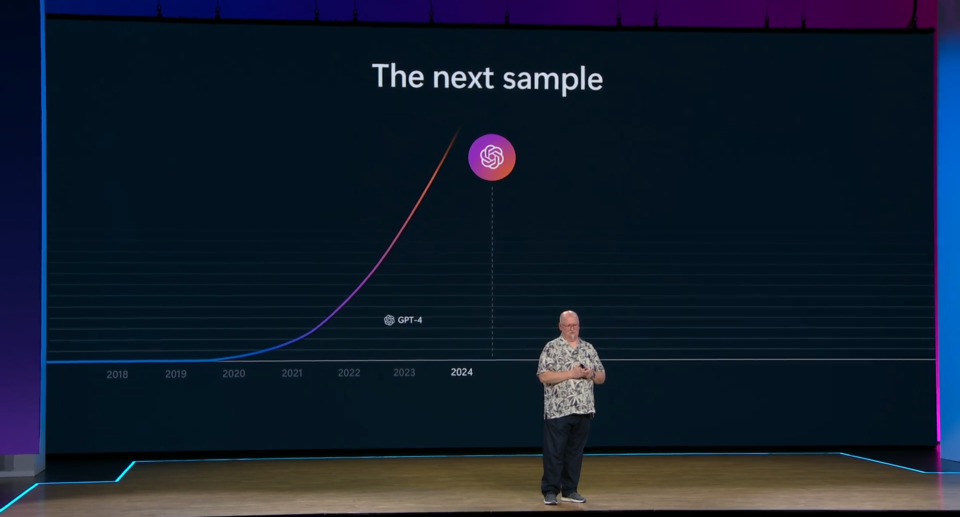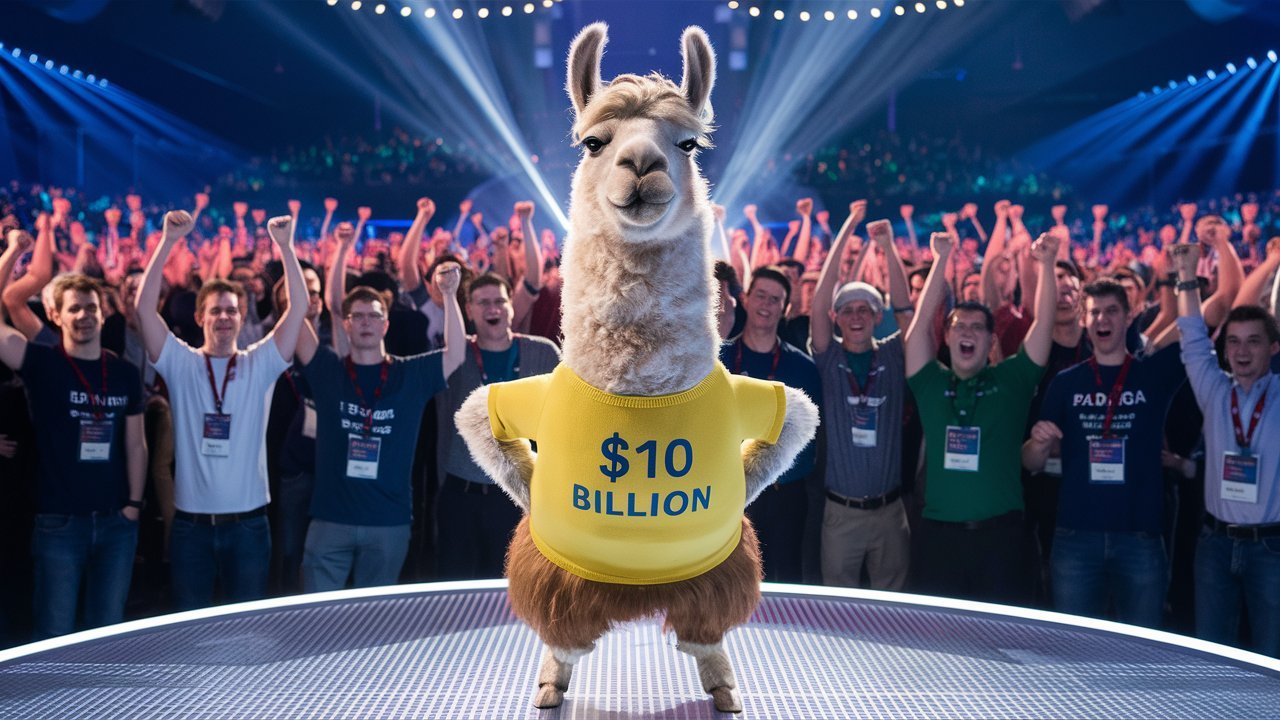China plans to open AI academies to attract global talent

China plans to establish AI academies to attract international talent as part of its efforts to stay competitive in AI.
This was reported by the South China Morning Post, citing a meeting of more than 100 experts who discussed strategies for strengthening China’s workforce and modernization.
The meeting, held on May 11 by the Chinese People’s Political Consultative Conference (CPPCC), China’s top political advisory body, did not specify a timeline for the launch of these AI academies.
Zhu Songchun, a renowned AI expert and former award-winning computer vision specialist at UCLA who received his PhD from Harvard University, advocated for Chinese academic institutions to open their doors to the global community.
Ad
Ad
Zhu, who was appointed to lead the Institute of Artificial Intelligence at Peking University in 2020, suggested treating foreign AI experts and students as Chinese citizens without discrimination and using private foundations for recruitment. He also suggested expanding AI education for students, integrating it with other disciplines, and creating an “innovation vitality index.”
Long Teng, China’s Vice Minister of Science and Technology, reiterated the country’s commitment to promoting international talent exchanges and establishing standards for recognizing “high-end, cutting-edge and urgently needed” foreign talent. China is focused on developing and implementing talent development policies that prioritize key areas such as AI, Teng said.
The discussion comes as China ramps up its AI initiatives to boost economic growth amid an intensifying technological rivalry with the United States. The US recently imposed an export ban on US AI chips, hampering Chinese companies’ progress in AI development, and is also considering an export ban on AI models.
China’s recent AI legislation is strict on freedom of speech and content regulation, but otherwise less restrictive than Europe and the US. China aims to become the world leader in AI by 2030.











